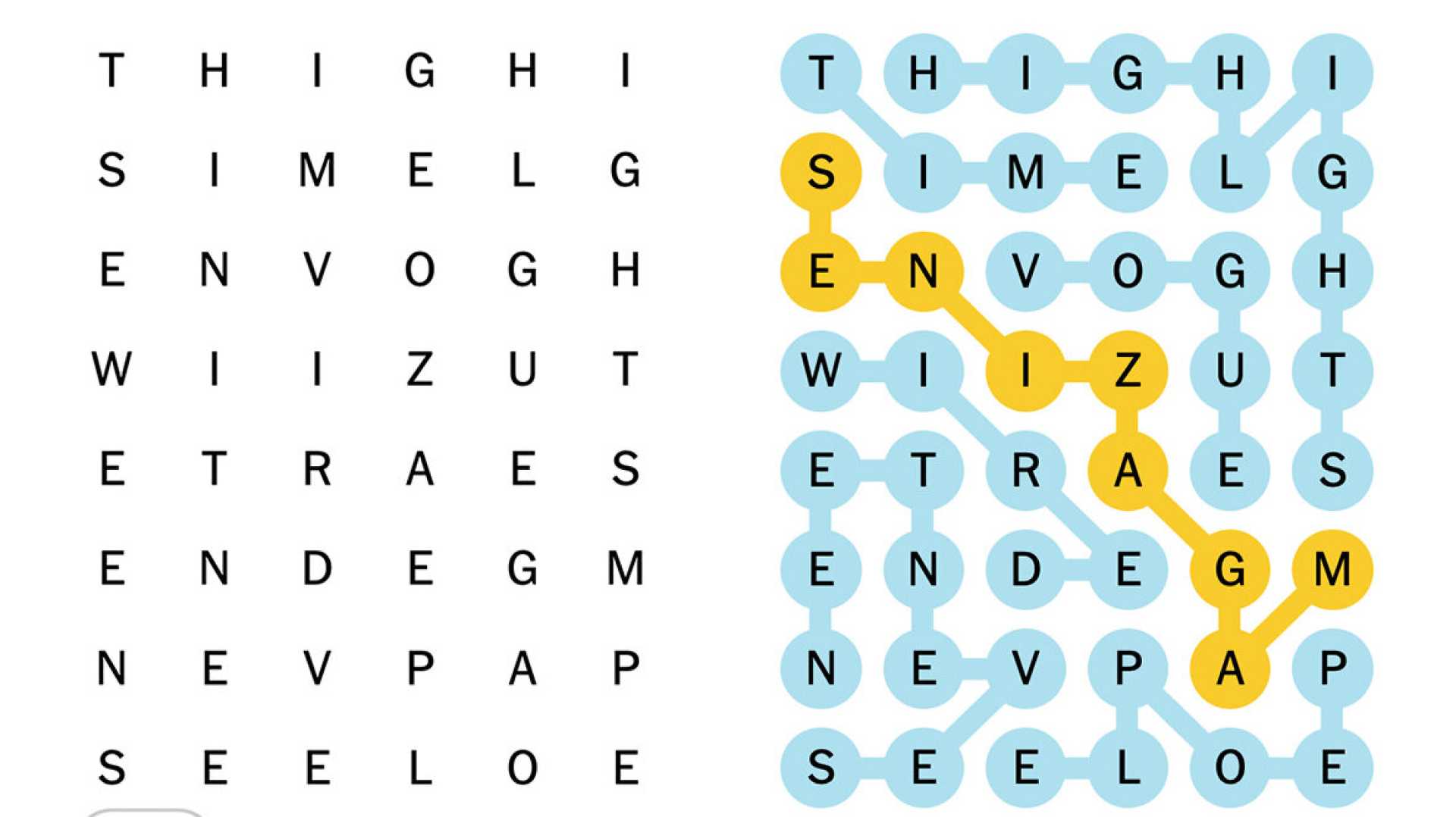News
The New Word Game: ‘Strands’ from The New York Times

The New York Times has launched its latest word game, ‘Strands,’ which is currently in its beta phase. The game challenges players to identify themed words within a six by eight grid of letters. Described as a variation on the classic word search, Strands aims to engage users with daily puzzles that test their vocabulary and deduction skills.
In Strands, players are tasked with finding a group of words that share a common theme. These theme words will remain highlighted in blue once identified. Integral to the game is the ‘spangram,’ a special word that links both sides of the puzzle and is highlighted in yellow once found. The spangram shares the theme but can include proper nouns, unlike the other words.
According to The New York Times, players can expect varying difficulties, similar to the weekly fluctuations in the Wordle game, as editor Tracy Bennett intends to introduce puzzles that can surprise solvers with unexpected challenges. Themes may range from synonyms and homophones to fill-in-the-blank phrases or steps in a process.
Strands has followed in the footsteps of other popular New York Times games such as Wordle, Spelling Bee, and Connections, aiming to garner enough player engagement to secure its place alongside these established games.
Marc McLaren, TechRadar‘s Global Editor in Chief, who has been following the development of word games closely, has commented on Strands, stating, “It’s great fun, albeit difficult, and requires players to think creatively and strategically.” McLaren, who has extensive experience with word games, appreciates the unique challenges posed by Strands.
The latest Strands puzzle, described by McLaren, involved sports-related terms such as ‘Fantasy League,’ ‘Draft,’ and ‘Roster,’ presenting a challenge for those unfamiliar with these concepts. These themes have added a layer of complexity, requiring hints for many solvers to complete the game successfully.
As Strands continues to evolve, The New York Times is monitoring its reception, encouraging daily participation to ensure its longevity. For enthusiasts of word-based puzzles, Strands presents both a challenge and an opportunity to expand one’s understanding of thematic word associations.












